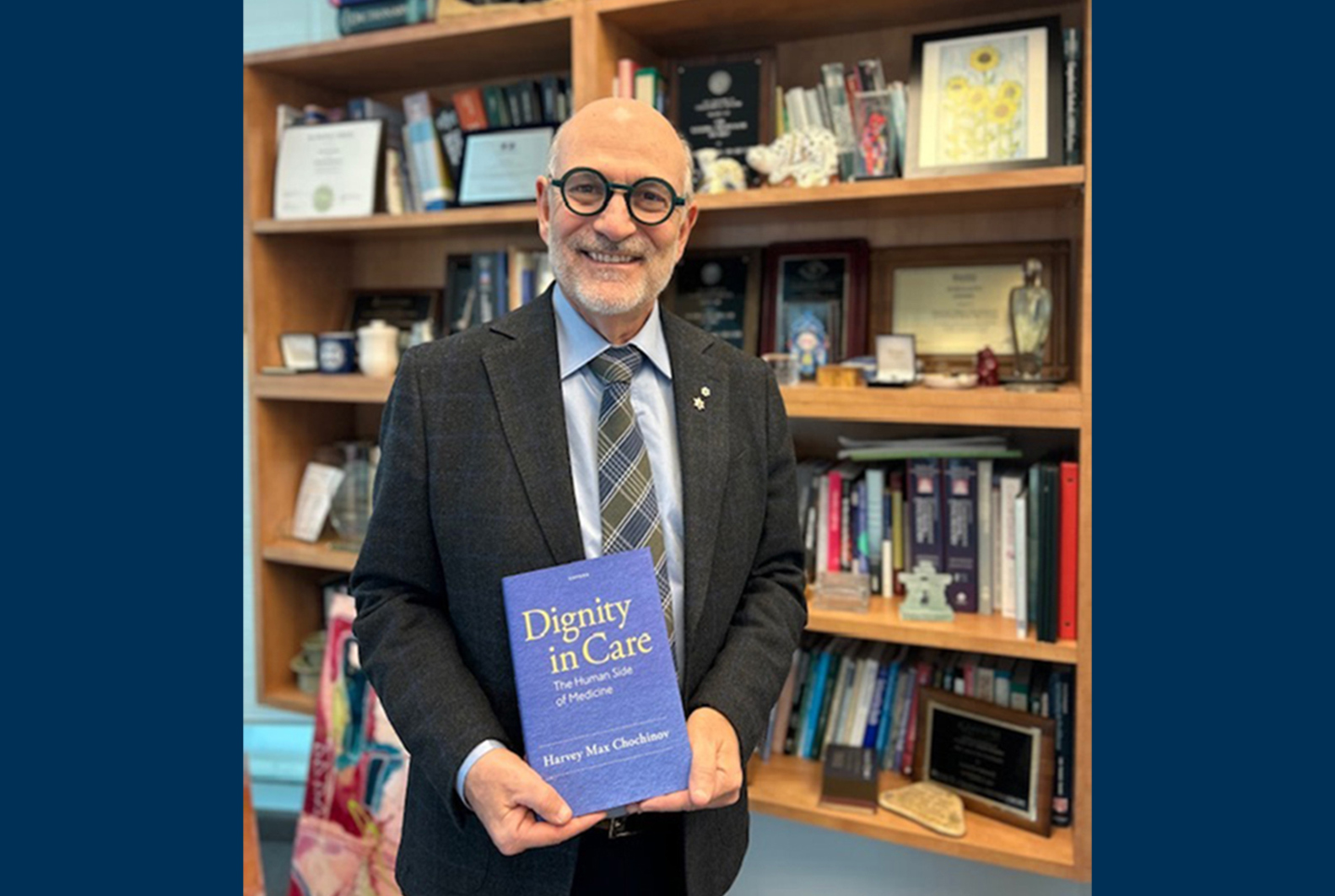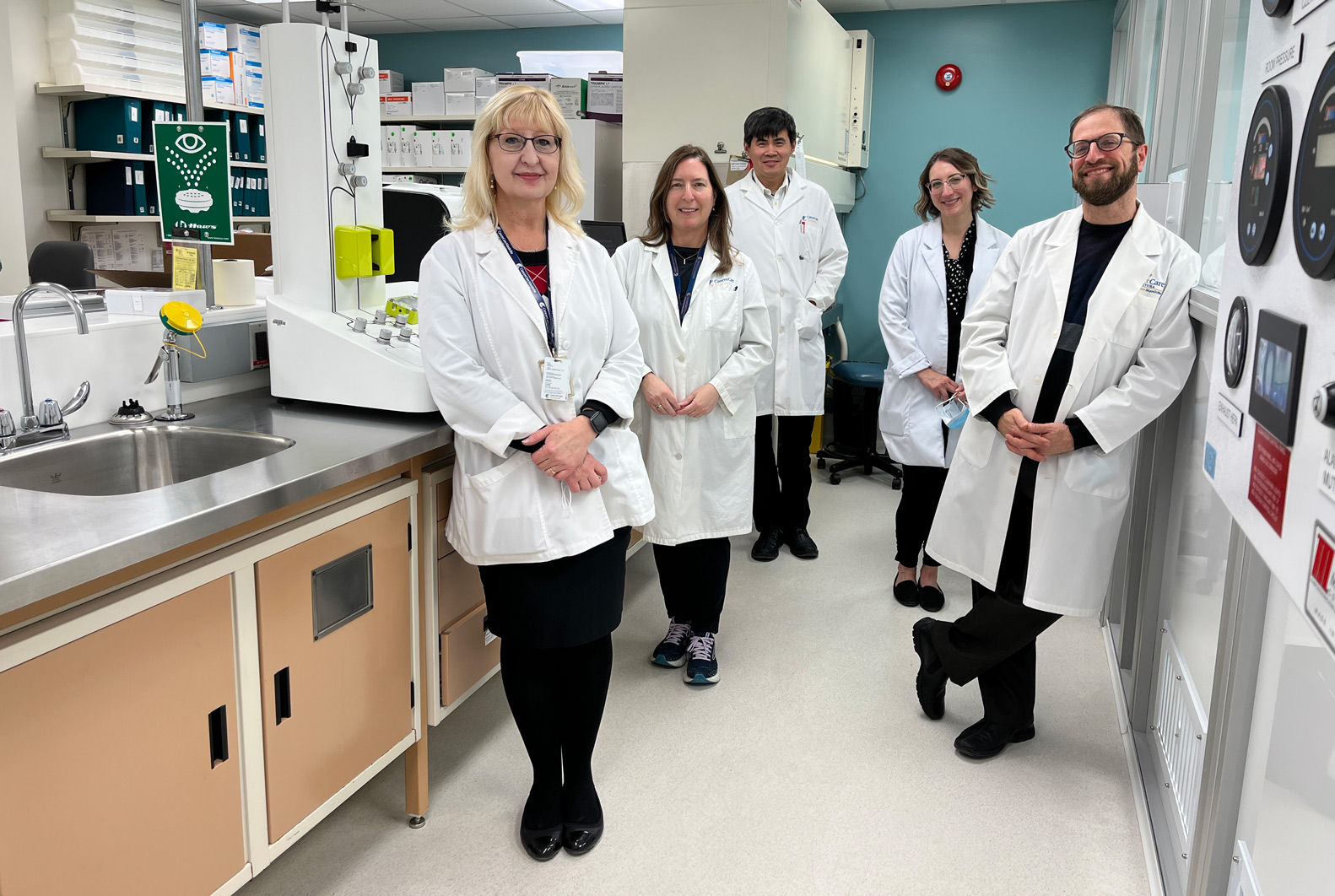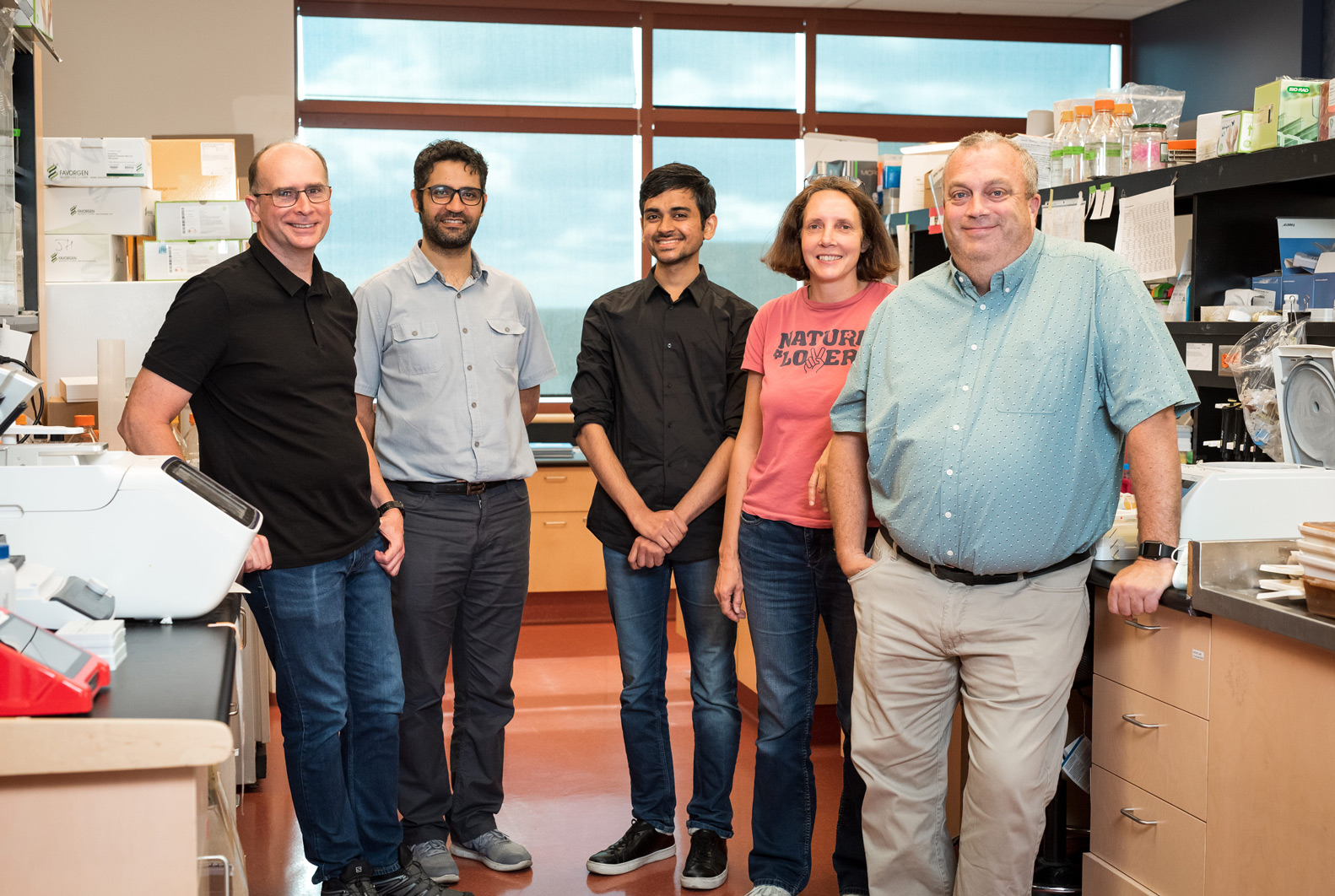Health Services Research
Improving cancer services for Manitobans across the province

Health services research is the study of the structure, processes, and impact of health services on the population. This research provides key information to help improve healthcare practices, policy, and outcomes, and contributes to a learning healthcare system.
The aim of health services research at the Institute is to identify and support the most effective ways to organize, manage, and deliver high-quality (equitable, appropriate, accessible, safe, efficient, and effective) cancer services for Manitobans. Cancer health services research is led by Dr. Kathleen Decker with strong ties to and support from the Department of Epidemiology, the Manitoba Cancer Registry, the Health Informatics Platform, CancerCare Manitoba clinician scientists, and collaborators from across Canada. Research projects also include patient advisors and healthcare decision-makers to help ensure that research questions are relevant and results are quickly communicated to those who need the information and early-career investigators, fellows, and graduate students to train the next generation of cancer health services scientists.
Health services research at the Institute has three primary areas of focus. First is outcomes research. Outcomes research measures the impact of health services, interventions, and natural experiments on cancer services and cancer outcomes. Current areas of work include examining the impact of COVID-19 on cancer control (from screening to survival) and measuring the quality of surgical care provided in Manitoba.
The second is health equity research. Health equity research studies the factors that contribute to health inequities in cancer care so we can reduce health disparities. The team is examining how improved access to data for cancer navigators impacts a patient’s healthcare use, patient-reported outcomes, process measures, and costs. The team is also looking at who visits the Urgent Cancer Care Clinic to better understand barriers to care. Because a core component of the research program is to examine equity in cancer services, we include a measure of inequity (such as sex-based analyses) in all research.
Third is data science research. Data science research examines how we can use machine learning tools to improve research processes and identify outcomes that are currently not easily available. The research team is developing and testing tools that will identify patients who experience cancer recurrence and progression to either replace the need for a retrospective chart review or reduce the number of charts that need to be reviewed. Our goal is to make the research process more efficient and less costly for all clinicians and researchers.










